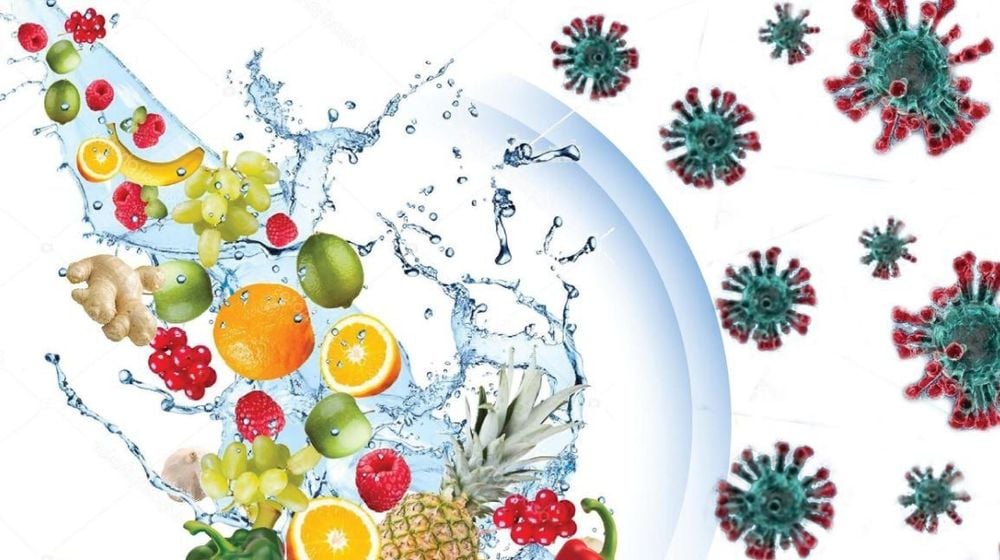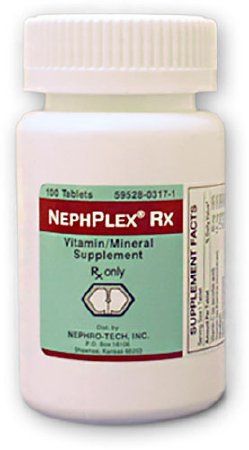This is an automatically translated article.
The article is professionally consulted by Master, Doctor Phan Ngoc Hai - Pediatrician - Neonatologist - Vinmec Danang International General HospitalThe immune system is considered the body's natural defense barrier, helping to fight dangerous infections from external agents, such as viruses, fungi or bacteria. Strengthening children's immunity is an extremely necessary thing to help optimal development both physically and intellectually.
1. Why is it important to strengthen the child's immune system?
The human immune system is made up of proteins, special cells, and certain molecules and organs. The immune system helps protect the body from invading microorganisms or germs every day. In general, the immune system plays an extremely important role in maintaining the body's health and effectively preventing the risk of infection.
Normally, the immune system will work to fight pathogens that attack the body. Cells and molecules with antibiotic properties of the immune system will promptly deal with the "invaders". If this protective barrier of the body is malfunctioning or problematic, we are very likely to experience noticeable health problems.
In neonates, the baby receives antibodies passed from the mother while still in the womb. After birth, the amount of antibodies received will come from breast milk. However, this is only a passive immune system, which protects children temporarily. Antibodies in the baby's body will persist for the first few months after birth and decline rapidly as the baby begins to wean.
Newborn's immune system, although gradually formed, is still very immature and not fully developed. About two-thirds of a child's immune cells are found in the intestinal tract, the researchers say, with some other immune cells scattered throughout the body. The protective effect of the infant's immune system is limited, so babies are often at high risk of certain types of infections, such as respiratory infections, diarrhea, and allergies. .
Until the child is 3-4 years old, the immune system at this time begins to gradually produce all the necessary antibodies to fight off pathogens. Therefore, strengthening the immune system for children is considered a very important thing, helping children stay healthy and develop comprehensively both mentally and physically.

Tăng cường miễn dịch cho trẻ là một điều vô cùng cần thiết
2. Boost your child's immune system with vitamins
Health care experts say that giving children nutritious foods rich in vitamins can help strengthen the immune system, thereby supporting the baby's body to fight disease effectively.
For healthier children and optimal physical development, parents should focus on supplementing with the following immune-boosting vitamins, including:
Vitamin C: This is considered one of the nutrients that increase immunity. Boost your child's immune system effectively. In fact, a vitamin C deficiency may even make your child more susceptible to getting sick. You can give your baby a variety of foods rich in vitamin C like grapefruit, oranges, strawberries, tangerines, spinach, bell peppers, broccoli, and kale. It is very necessary to add immune-boosting vitamins for children every day, especially vitamin C, because the human body often cannot produce or store this vitamin on its own. In general, vitamin C is found in most foods, so your baby doesn't need to take a vitamin C supplement unless your doctor recommends it. Vitamin B6: The B vitamins, including vitamin B6, are important in supporting the biochemical reactions of the immune system. Foods rich in vitamin B6 such as salmon, tuna and chicken. In addition, vitamin B6 is also found in chickpeas and green vegetables. Vitamin E: This is another effective immune-boosting vitamin for kids. Vitamin E is known to be a powerful antioxidant that helps your baby's body fight off infections. You can give your child foods rich in vitamin E like nuts and spinach. In general, parents should choose for their children as many colorful fruits and vegetables as possible. This not only helps children's meals be more diverse and attractive, but also helps their bodies absorb more nutrients and vitamins. Besides, you can also build and strengthen your child's immune system by helping him maintain healthy eating habits over time.

Cách tốt nhất để tăng cường hệ miễn dịch cho trẻ là cung cấp các loại vitamin thông qua thực phẩm
3. Do functional foods help strengthen the child's immune system?
While vitamins and supplements can help fill in the gaps in your child's diet, the best way to get essential nutrients is to consume them from food. daily.
Children's bodies are better able to absorb and use vitamins and some other nutrients when they come from food sources. Supplements are generally prescribed as supplements, not drugs. However, some supplements can have unwanted side effects, especially if taken right before surgery or with other medications. Supplements can also sometimes cause certain problems if a child has certain notable health conditions. In addition, you should also avoid giving your child vitamin E supplements because it can be harmful to your baby's health in some cases.
Drinking enough water is also an important part to help strengthen the immune health of children. Water helps the body produce lymph, which carries white blood cells as well as other immune cells. Children should eat more watery foods, such as celery, cucumber and watermelon.
Besides the vitamins mentioned above, parents should also add some supporting foods containing Lysine ingredients. Lysine is very necessary for the development of children, helping to promote the production of digestive enzymes to stimulate children to eat better and digest easily and effectively, increase food metabolism, and absorb maximum nutrients. from food.Strengthening lysine for babies helps the body create antibodies, develop resistance to help reduce cough, thin phlegm in children.
Parents can learn more:
Why do you need to supplement Lysine for your baby?
Please regularly visit Vinmec.com website and update useful information to take care of your baby and family.
Reference source: health.clevelandclinic.org














